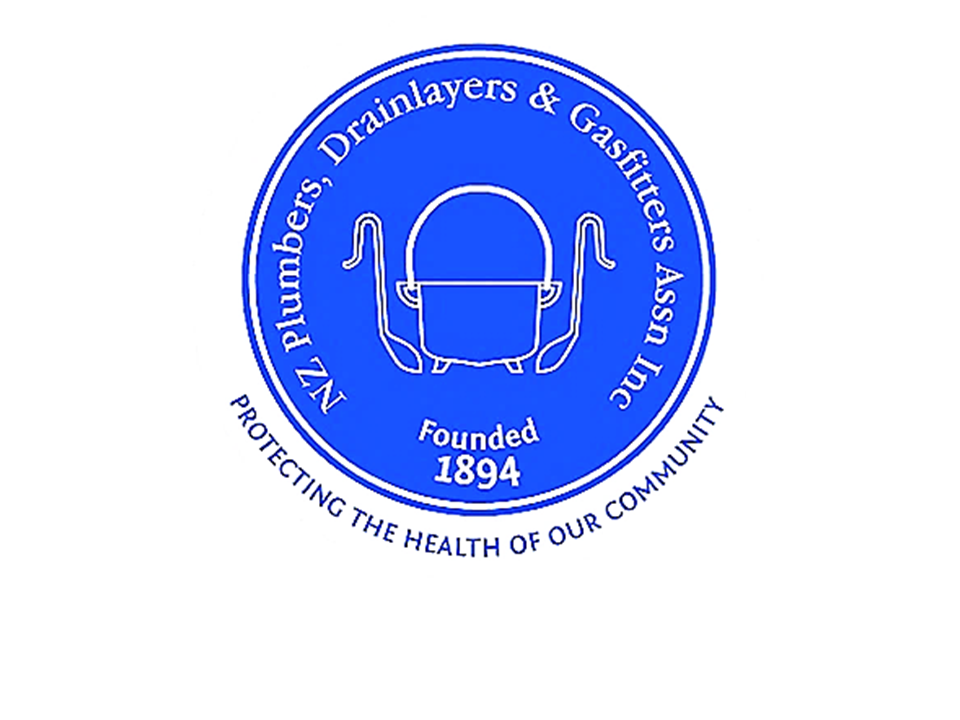Gas – Important safety information about your installation
Posted on August 5, 2019
Gas – Important safety information about your installation
About Gas
Gas is a clean burning economical way to cook/ heat and provide hot water to your homes and commercial buildings. There are two types of gasses used in New Zealand natural gas which comes from Taranaki and is reticulated or piped through out the North Island and LPG which is bottled and is used where natural gas is not available. The two gases are clean burning and are very efficient but in their natural forms have no odor or smell making them dangerous if there is a leak. Odors are added to these gases to make them detectable to the nose so that if there is a leak it can be detected.
Natural gas is lighter than air so it will rise if it is released into the air making it easy to detect when standing up or at nose level.
Lpg is heavier than air and sinks into cavities making it harder to detect because it is not at eye or nose level when standing.
Both LPG and Natural gas can be very explosive at the right mixtures of Air to Gas so it is very important that if you smell gas to turn off your installation and ventilate the area.
Do not switch or turn on or off any electrical appliances because they could cause the gas to ignite or explode. It is also common for older people and people who are asleep to not be able to detect the smell of gas for this reason home owners can get easy to install gas detectors that alarm or alert you to the smell of gas in your house/ boat/caravan.
Who Can Install?
Gas appliances and pipework should only be installed and serviced by Certified gasfitters or people under their direction with the correct training and qualifications. Consumers should always ask to see their practising licence issued by the Plumbers, Gasfitters and Drainlayers Board for more information you can go their website www.pgdb.co.nz
On completion of any gasfitting work the Gasfitter should issue a COC or certificate of compliance so the consumer knows the gas work complies with the codes and manufacturers instructions. Gas appliances have many safety features that fail safe making it very hard to continue using a faulty appliance. Appliances are like your car they will require servicing and this has to be done in accordance with manufactures instructions.
Appliances like heaters that are not used over summer should be checked by a Certified gasfitter before use. When appliances are serviced and installations are done by Certified gasfitters in accordance with the codes/manufacturer instructions they are relatively safe.
Remember you should always know where to isolate your gas supply this could be at the gas meter or gas bottles. Your gasfitter should show you how to operate each appliance and leave operating instructions with you. If you don’t know how to operate your gas appliances this can lead to accidents or damage to the appliance. If in doubt call a Certified gasfitter or the manufacturer for advice on how to operate your appliances.
Portable LPG appliances connected to a gas bottle can be just as dangerous as a large installation so be very careful when connecting gas bottles always check for leaks and disconnect or turn off gas supplies when not in use. Gas bottles should never be supported by the hose or pipe work and should be stored outside on level base away from sources of ignition. Portable gas heaters should never be used in bedrooms or where people sleep and any appliances intended for outdoor use should only be used outdoors.
Repairs
Never attempt to do any repairs or work on gas appliances yourself because this could be dangerous and void insurance on your home.
Gasfitters who are members of the New Zealand Plumbers, Drainlayers & Gasfitters Association are certified gasfitters who continue to train and upskill. When choosing a gasfitter, always check their practicing licence and if they are members of a reputable association like NZPDGA.
Glen Burr
President NZPDGA


Comments are currently closed.